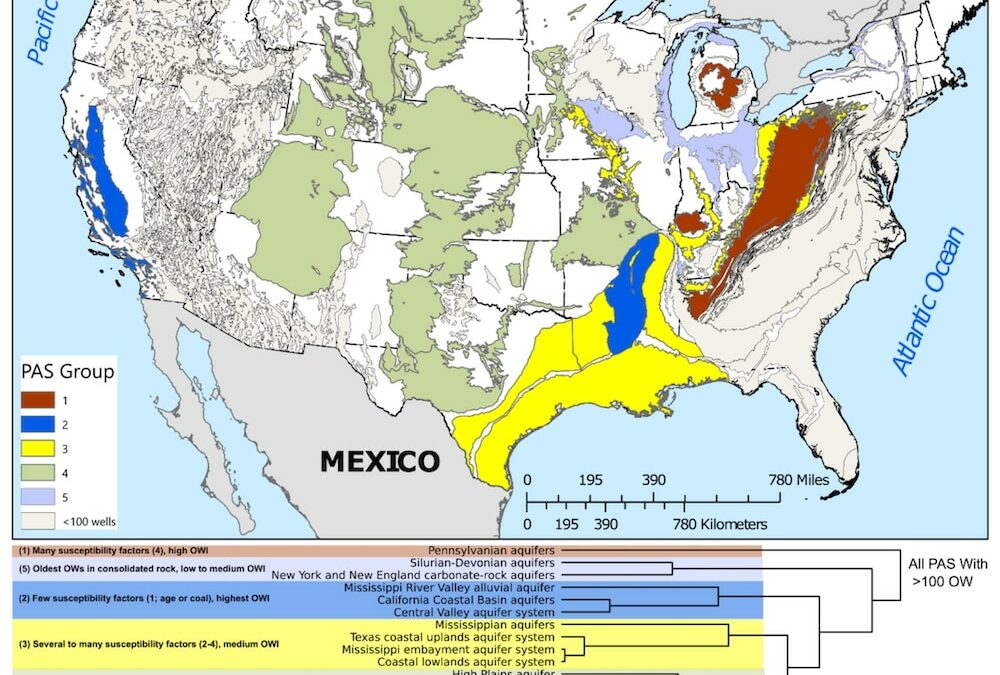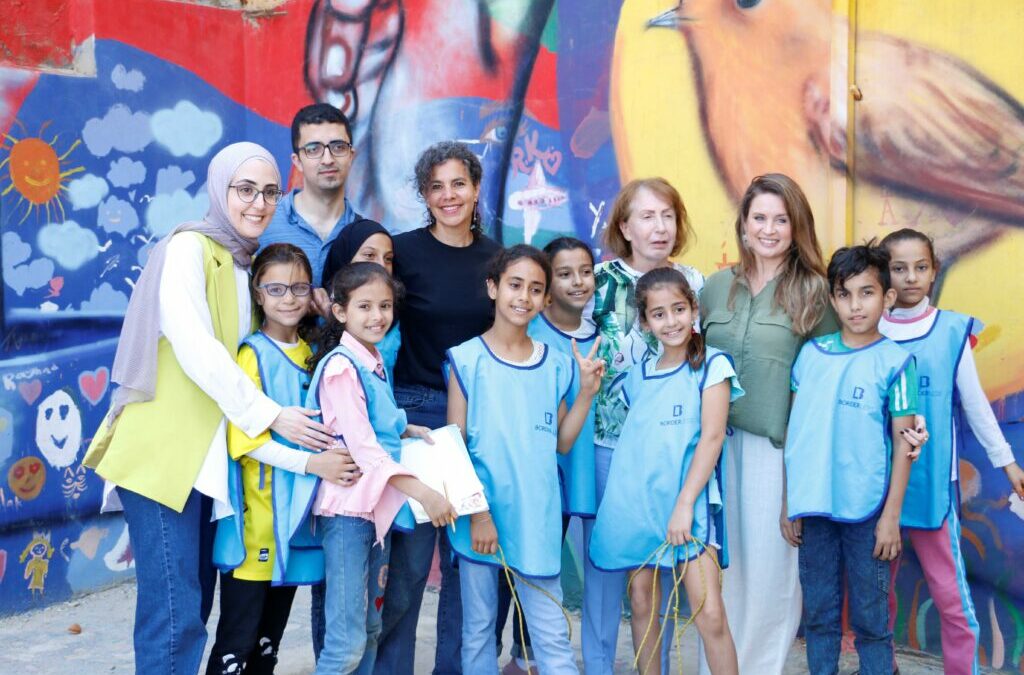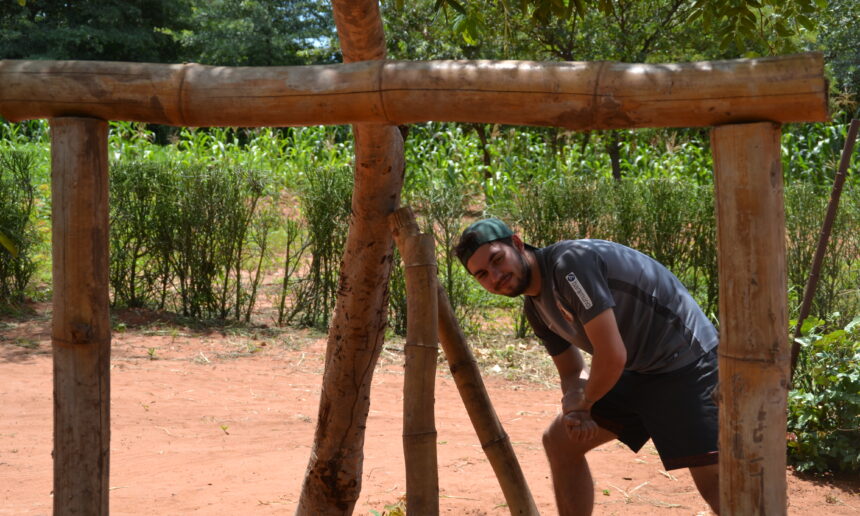
by Kate Mothes | May 7, 2025
Myriad patterns and textures examine the nature of layered identities in Zapata’s architectural sculptures.
Do stories and artists like this matter to you? Become a Colossal Member today and support independent arts publishing for as little as $7 per month. The article Architectural Textiles by Sarah Zapata Explore Material Culture and Intersecting Identities appeared first on Colossal.

by Komoneed | May 7, 2025
This post was originally published on Utopia ENWhat does it mean to live a zero waste lifestyle? Here’s what the zero-waste trend is all...

by Komoneed | May 7, 2025
Scientists from the United States Geological Survey (USGS) have for the first time compiled a map of groundwater variables to understand which aquifers in the United States are most vulnerable to being contaminated by “orphan wells” — gas and oil wells that have no active owner and are no longer producing, but have not yet […]
The post Scientists Map Where Orphan Wells Threaten Aquifers in the U.S. appeared first on EcoWatch.

by Komoneed | May 7, 2025
Rudayna Abdo redirected her career to establish an educational system for vulnerable and refugee children in Lebanon who cannot attend school—a challenge that has become increasingly difficult today.
The post “I am moved by the injustice that children have to pay for war and forced displacement” – Interview with Rudayna Abdo appeared first on GOOD – The search engine for a better world.

by Komoneed | May 7, 2025
Frederik Hornung is a doer. His answers are brief, to the point. With the same dynamic he is turning his idea of sustainable shin guards into a social enterprise.
The post “We want to make the sports industry more sustainable.” – Interview Frederik Hornung appeared first on GOOD – The search engine for a better world.





